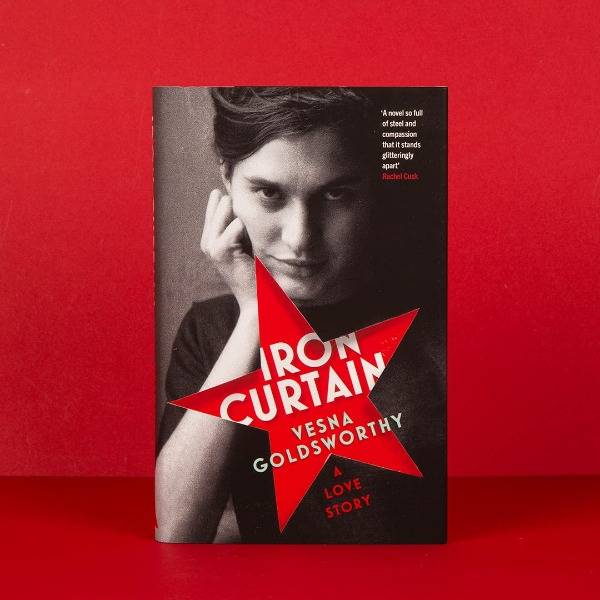
The Life Inside (Picador) by Andy West
This is a memoir of prison, in part, but just as importantly it’s a memoir of a life spent in the shadow of prison, innocent but racked with guilt, technically at liberty but seldom truly free. Andy West’s dad did time, and so did his Uncle Frank, and so, later, did his older brother Jason. West – clean, teetotal and with nothing worse on his record than a ticket for hopping a red light on his pushbike – lives, as a result, with what he calls “the executioner”: an intrusive sense of guilt and doom, of a net closing in, of crimes he never committed somehow coming back to claim him. He is obsessed by Kafka. He is also a philosopher, and since 2016 he has taught philosophy in prisons. “Why do you have to work in prisons?” asks his brother. West doesn’t have an easy answer.
West’s dad – a bullying crook – appears only in flashback, but Uncle Frank is still around, genially rehashing his prison yarns and heist stories over plates of biscuits at West’s nan’s, and so is Jason, now rehabbed and a devoted dad of two. These are tender, complicated relationships, and there is candour and wisdom – and no little courage – in how West shows them to us. There’s sudden horror as Uncle Frank laughingly recalls throwing a kettle of scalding water in a man’s face; there’s endless sorrow in Jason’s years as an addict and petty criminal – though Jason seems a man quite without self-pity.
Intercut with all this are the philosophy classes themselves. An opening disclaimer (“details of people, places and events have been changed or merged”) hints at another deployment of what we might call the creative nonfiction loophole – too often an excuse for the writer to shuffle the facts in their favour. But here there is no sense that anything has been lost in the edit. Each class hums with vivid life, seemingly authentic in spirit if not in word. Classic thought experiments – the frog and the scorpion, the ordeal of Sisyphus – are jumping-off points not just for philosophical discourse but for jokes and riffs, confessions and confrontations. Big questions, it seems, become bigger when your world gets forcibly smaller: is life a dream, is this the “real me”, what is freedom, what is a good life?
The students – a diverse and deftly drawn stream of inmates, young, old, male, female, lifers, addicts, sex offenders – make their explorations among the hard edges and painful corners of 21st-century prison life. West, who has come to know this world well, sketches the hardships of life on the landings much as he sketches his students: with a degree of detachment, but also with great humanity. Where they provoke a strong response, it is almost always personal rather than political (“no phone” rules trigger outbreaks of anxiety, for instance, as West frets that he is – somehow, inexplicably – carrying one in his pocket).
There will perhaps always be a wall between those who have known prison life first-hand and those of us who haven’t. Memoirs, movies and TV serials can show us only so much. Prison, for a fortunate majority, exists at a remove (it is hard to think about – one of the reasons why our prisons are in such a desperate state). West’s book comes far closer than most to breaking through. It’s a little ironic that the men and women in The Life Inside – renamed or anonymised for publication, perhaps composite characters – stand out as such real people, with real values, ideas, fears, ambitions, families (one deeply affecting scene shows an inmate, Musab, recording a bedtime story for his daughter: “Wait, will my little girl hear my prison number?”). In this, West has done his students, and for that matter everyone serving time, a valuable service.
“Where I come from”, says a Malaysian inmate named Pap, “if you do something wrong they cane you til you bleed . . . They beat you because they care. Here, they don’t give a fuck about you. They don’t even care enough to punish you properly.”
West clearly does give a fuck. He is a philosopher who feels as well as thinks. He is troubled by the notion of “bearing witness”. Perhaps it would be better to say that The Life Inside is a book that does not turn away.
This piece is from the New Humanist summer 2022 edition. Subscribe here.

